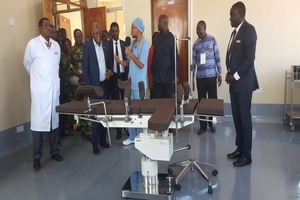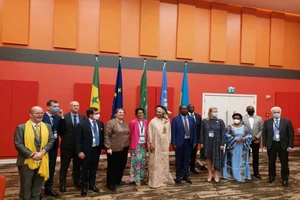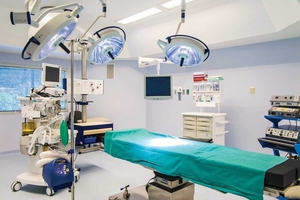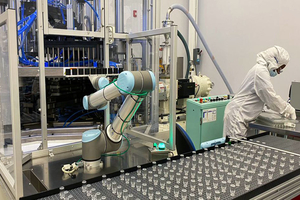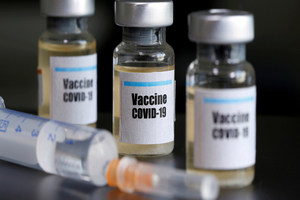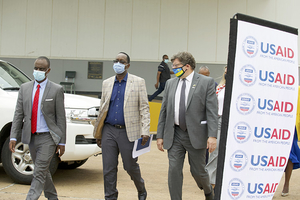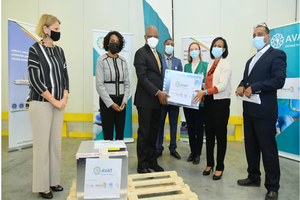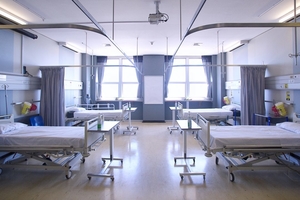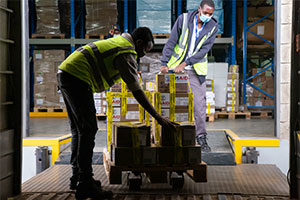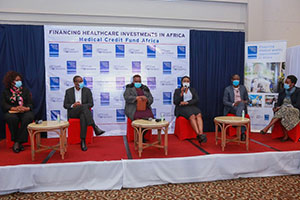Tanzania is emerging as a regional hub for the provision of specialised healthcare services. Dar es Salaam is quickly becoming a destination for patients referred from neighbouring countries.
President Samia Suluhu Hassan has set her sights on making Tanzania a medical tourist destination of choice, having inherited noteworthy achievements in healthcare provision over the past 60 years. President John Magufuli was the one who started talking about the need for Tanzania to tap into the $72 billion-a-year global medical tourism sector in February 2020.
President Hassan pushed the idea even further when she took over. Dr Dorothy Gwajima, the minister for Health, Community Development, Gender, Elderly, and Children, will unveil a medical tourism promotion team in July 2021.
Mohamed Janabi, a veteran cardiologist and executive director of the Jakaya Kikwete Cardiac Institute (JKCI), leads the team. Because JKCI already accepts patients from Comoro, Zambia, the Democratic Republic of Congo, Burundi, Rwanda, Uganda, and Kenya, the government intends to start there.
According to Dr. Gwajima, the government has submitted an application to the World Health Organization (WHO) for Tanzania to be recognised as a medical tourism hub.
More investments needed
Medical tourism’s viability will be determined by Tanzania’s investments in medical human skills development, telemedicine, the digital economy, transportation infrastructure, lodging facilities, health service price affordability, and customer service makeover, among other things.
According to analysts, there is no way around creating a favourable investment climate and a conducive business environment to facilitate the establishment of medical facilities, pharmaceutical and medical equipment manufacturing, and investments in research and development. Following the adoption of the Arusha Declaration in 1967, Tanzania passed the Private Hospitals Regulation Act in 1977, which outlawed private for-profit healthcare providers. This Act was repealed in the 1980s, but investors would need assurance that nothing similar would happen again. However, Tanzania’s medical tourism ambitions are realistic at this point, given that the government has partially reversed its policy of exporting medical tourists to India and other countries.
Dr. Gwajima said in a report on Tanzania’s health sector’s 60th anniversary, which she presented to reporters on Monday, November 8, that in the fiscal year 2020/21, only two patients were referred to hospitals outside the country, compared to 554 in the fiscal year 2015/16. Obviously, the Covid-19 pandemic, which caused global travel bans in most countries and put a significant strain on healthcare services in every country on the planet, contributed to this very small number of patients being referred to more specialised medical treatment outside the country. What is clear is that the number of patients has been declining since 2016, when the government’s efforts to purchase more specialised diagnostic machines and equipment gained traction. According to statistics provided by the then-minister for Health, Community Development, Gender, Children, and the Elderly, Ummy Mwalimu, the number of patients seeking treatment outside the country fell to 350 in 2018 from 550 in 2016.
Future plans
To strengthen Tanzania’s role as a medical hub, the government is installing software programmes in hospitals and improving performance merits through scorecards to overhaul service delivery and professionalism among the country’s healthcare professionals.
When introducing the medical tourism team, Dr. Gwajima emphasised the importance of taking customer service to the next level in order to attract as many patients from outside the country as possible.
The government is also building seven regional hospitals for the new regions (Njombe, Songwe, Simiyu, Geita, Manyara, Songwe, and Mara – Kwangwa), as well as expanding some of the existing hospitals and establishing new departments and services. The government is currently constructing medical oxygen production plants in seven regional referral hospitals (Geita, Manyara, Dodoma, Dar es Salaam-Amana, Mtwara, Ruvuma-Songea, Mbeya).

